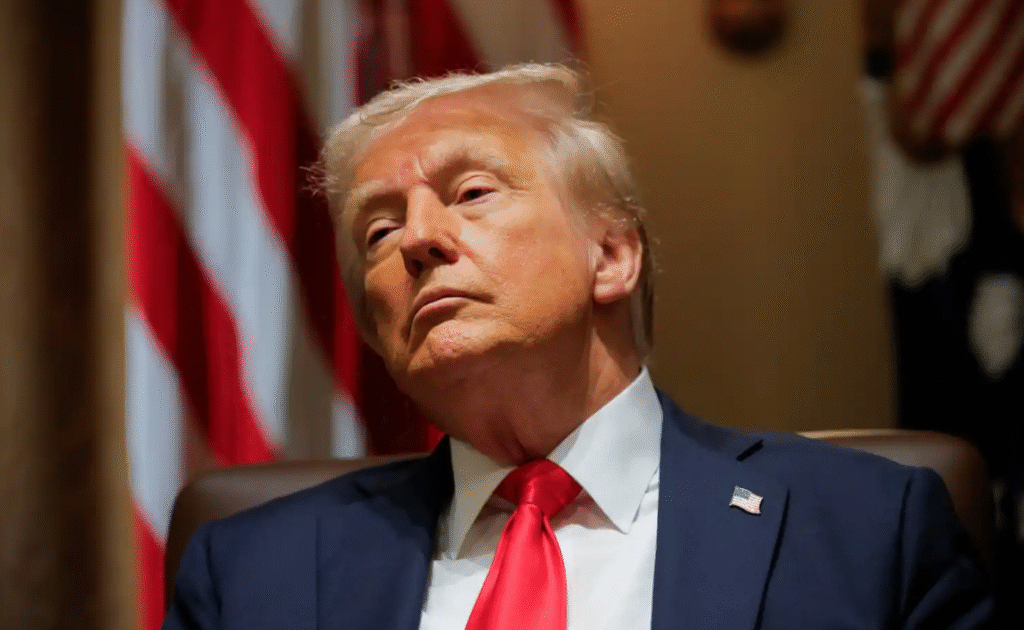In the fast-evolving world of digital assets, legislative actions can have significant implications. Amidst this backdrop, recent discussions in the U.S. Congress have sparked debates over the potential risks and rewards of cryptocurrency regulations. Navigating this complex landscape requires understanding the intricacies of proposed laws, especially those that could reshape the financial terrain.
Senator Warren Challenges the GENIUS Act: A Critical Look at Crypto Regulation
United States Senator Elizabeth Warren has taken a bold stance against the GENIUS Act, a legislative proposal intended to steer the development of U.S. stablecoins. However, concerns have surfaced about the bill potentially opening doors to financial malfeasance.
Escalating Concerns Over the GENIUS Act
The Guiding and Establishing National Innovation for US Stablecoins Act (GENIUS Act) initially gained bipartisan support, promising to bring much-needed regulation to the burgeoning stablecoin market. However, the tide has shifted as at least ten senators reconsider their support, citing deficiencies in addressing money laundering and national security risks.
Senator Warren has been a vocal critic, particularly spotlighting a contentious transaction involving World Liberty Financial (WLFI), a company linked with former President Donald Trump. The transaction features WLFI’s USD1 stablecoin and a substantial $2 billion investment tied to Binance. Such dealings, she argues, could catapult USD1 to prominence as the seventh-largest stablecoin globally, albeit amid opaque financial maneuvers.
Questionable Deals and Political Ramifications
Senator Warren has not minced words, articulating her concerns via social media about the Trump family’s potential financial windfall from what she perceives as a dubious alliance with a UAE firm. “The Senate shouldn’t pass a crypto bill this week to facilitate this kind of corruption,” she articulates, warning against the implications of such deals.
Declining Support and Legislative Uncertainty
Support for the GENIUS Act has waned notably, as lawmakers, including Senator Ruben Gallego, highlight its failure to prevent illicit financial activities effectively. They stress that without rigorous penalties and clear guidelines, the bill could unwittingly facilitate foreign influence over U.S. financial systems.
The ensuing joint statement by these senators outlines their apprehension, especially concerning the threat posed by foreign-controlled stablecoins to national economic security.
WLFI’s Market Ambitions Hampered
World Liberty Financial’s ambition to list USD1 on centralized exchanges now hangs in the balance amid these controversies. Regulatory uncertainty has delayed this move, threatening the coin’s competitive edge in an already crowded stablecoin arena. Without clarity, USD1 could struggle against established players like Tether, potentially derailing the Trump-backed initiative.
Future of the GENIUS Act Hangs in the Balance
The GENIUS Act, once scheduled for a House vote, now faces an uncertain future. With Senate support dwindling, the timeline for legislative approval remains unclear. Proponents initially viewed the bill as a vital step toward stablecoin regulation. However, mounting skepticism and lingering questions about WLFI’s international ties jeopardize its prospects.
Is the GENIUS Act Necessary for Stablecoin Regulation?
The GENIUS Act aims to introduce regulatory oversight to the stablecoin sector, addressing investor protection and financial stability. However, its passage requires balancing innovation with stringent safeguards against illicit activities, as heightened legislative scrutiny indicates.
What are the Major Concerns Raised by Lawmakers?
Lawmakers have raised alarms over the GENIUS Act’s insufficient measures to prevent unlawful financial practices, alongside apprehensions about the influence of foreign-controlled stablecoins on the U.S. economy. These concerns underscore the need for robust regulatory frameworks.
How Does WLFI’s Situation Affect the Crypto Market?
WLFI’s delay in listing its USD1 stablecoin reflects broader regulatory uncertainties affecting the crypto market. Such hesitations can dampen investor confidence and hinder the development of nascent digital currencies, emphasizing the critical need for clear regulatory guidance.
What Could be the Future Implications of This Senate Debate?
The ongoing debate signals a potential shift in legislative approaches to cryptocurrency regulation. If the GENIUS Act fails, it could stall regulatory progress, leaving the stablecoin market in a state of flux and possibly inviting additional scrutiny in future legislative proposals.
In light of these developments, a careful examination of market trends and regulatory changes is essential for stakeholders in the digital currency realm. The unfolding narrative around the GENIUS Act highlights the complexities of crafting effective legislation in an era of rapid financial innovation.

